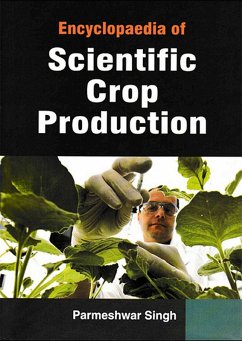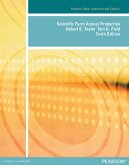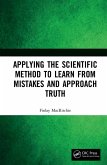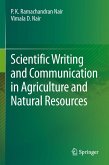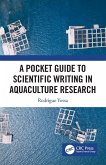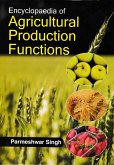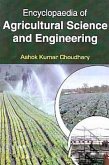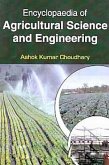All living organisms need food for their existence. They need food for their growth, repair of tissues, energy and also protection against diseases. The various components of food are proteins, carbohydrates, fats, vitamins, minerals, roughage and water. Of all the living organisms, only plants are autotrophy i.e., they are capable of synthesizing their own food. Animals are heterotrophy i.e. they are incapable of synthesizing their own food. They depend on plants and other animals for food. Man also being a heterotrophy, gets his food from plants as well as animals. For successful crop production, a thorough understanding of how crops develop and grow, the various factors that affect crop growth and development and how each factor can be modified or managed are essential. Plant responses to soil conditions and atmospheric environment must be exploited to the maximum to produce a high yield per unit area of land. The book covers the scientific techniques that can be used to provide intelligent use of the science in crop production. Contents: introduction; Pursuing Conservation Tillage Systems for Organic Crop Production; Conservation Tillage for Sustainable Crop Production Systems; Predicted Effects of Climate Change on Agriculture; Overview and Fundamentals of Sustainable Agriculture; Manures for Organic Crop Production; Common Country-level issues nonintegrated Nutrient Management; Nutrient Cycling and Maintaining Soil Fertility in Fruitland Vegetable Crop Systems; introduction to Dry-farming Defined; improved Crop Production Technologies by Small Farmers; Crop-livestock Tech neologies.
Dieser Download kann aus rechtlichen Gründen nur mit Rechnungsadresse in A, B, BG, CY, CZ, D, DK, EW, E, FIN, F, GR, HR, H, IRL, I, LT, L, LR, M, NL, PL, P, R, S, SLO, SK ausgeliefert werden.

